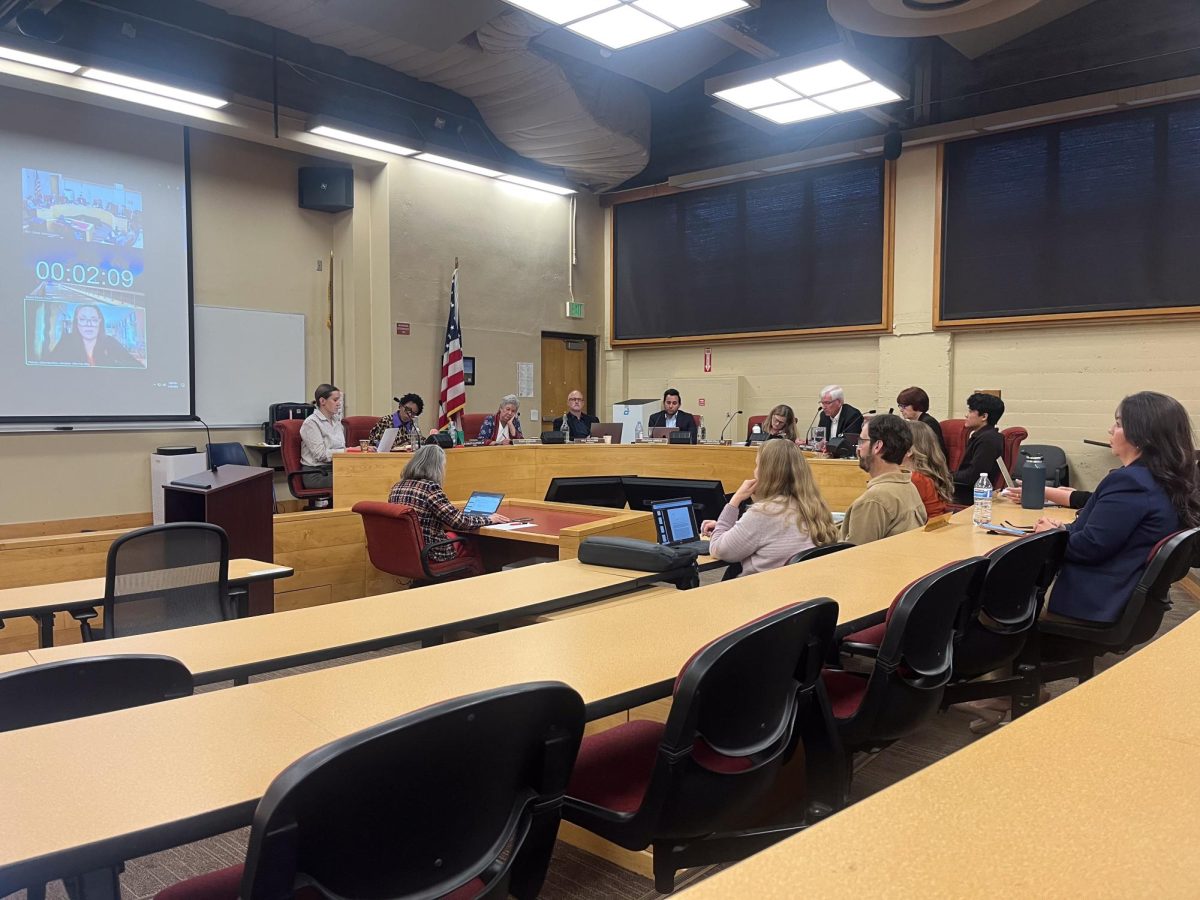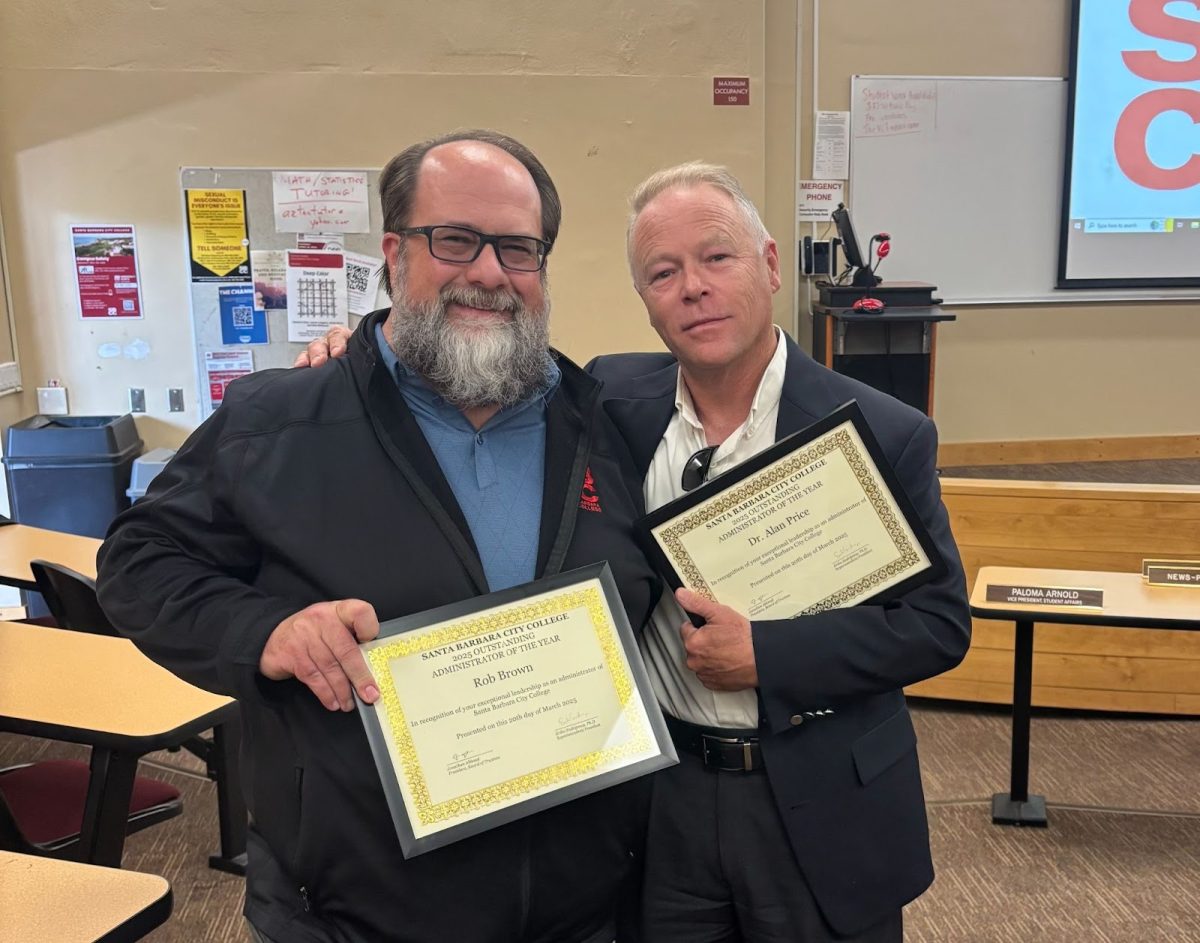The Academic Senate is looking for ways to address the grief and hardship experienced by marginalized populations at City College who may be dealing with loss and discrimination due to the COVID-19 pandemic.
During the meeting on March 10, the senate unanimously voted to pass the “Resolution for Addressing the Needs of our Students during the COVID-19 Pandemic.”
“The specific social-emotional needs of our students may not be well understood in institutions,” the resolution reads, “but our continued silence on the grief and fear our students are experiencing … makes us complicit in the harm that is done to them.”
The resolution aims to break the silence and acknowledge the “disproportionate devastation” Latinx populations are experiencing and racist rhetoric targeting Asian and Asian-American students.
Assistant English Professor Sarah Boggs proposed the resolution at the previous senate meeting on behalf of the Faculty Mentor Project. Boggs requested the senate start the conversation by incorporating it into the following meeting agenda, which the senate approved.
“[Professor] Melinda Gandara gave us some wonderful ideas about how we could create some kind of public space that honors the people who have suffered the most from this disaster,” Boggs wrote in the proposal.
By the end of March 2021, the senate plans to have a task force gathering information and suggestions to best advocate for students. By April those suggestions should be implemented.
“I look forward to helping those interested in this get some resources to do that,” Academic Senate President Raeanne Napoleon said.
The senate had to extend the meeting by 30 minutes to address and pass the resolution, as they spent the majority of the time discussing non-teaching compensation stipends.
Hundreds of thousands of dollars go to employees every year in the form of stipends. One may get approved for a stipend if they have extra work or responsibilities that their salary doesn’t pay them for.
Superintendent-President Utpal Goswami asked the Non-Teaching Compensation Committee to make a $125,000 adjustment to their stipend budget by the end of March, but uncertainty on what exactly the stipends were for prevented them from finding the best places to make adjustments.
“NTCC was really not in a position where it could do that … because we did not know how many of these positions were still valid,” representative Patricia Stark said.
To know if a position is still valid, the NTCC needs to know what work that position fulfills to deserve compensation. However, many of the stipend positions were approved decades ago and lack specific job descriptions.
The goal at the senate meeting was to discuss changes to the committee so they can better manage the stipends, including detailed job descriptions for all 148 stipends.
“We would actually know what the jobs are, who’s getting paid and are they getting paid for a job they are actually doing,” Stark said.
The senate ran out of time on the topic, but it was clear they wanted to revisit it at the next meeting to potentially accept the changes to the committee and bring them to the Executive Vice President of Educational Programs who oversees the NTCC.
The senate will reconvene on March 24.









